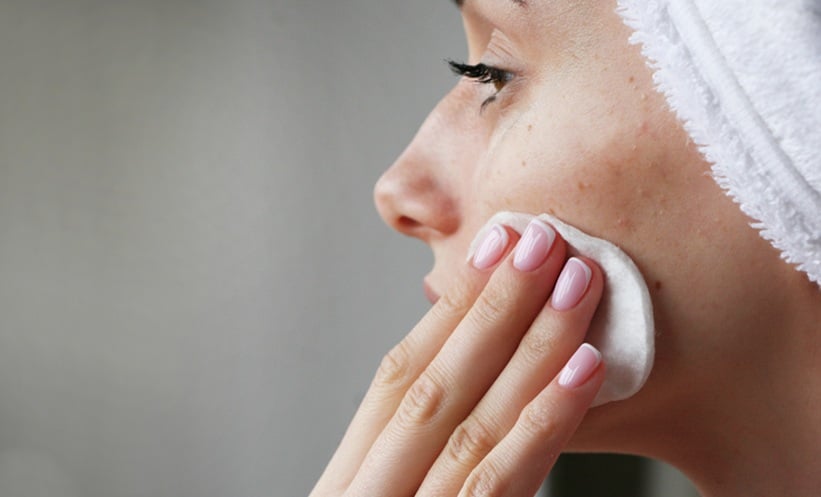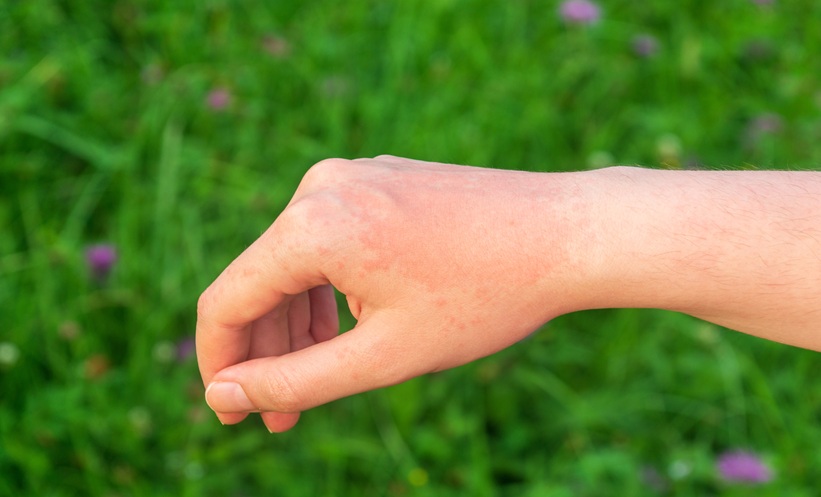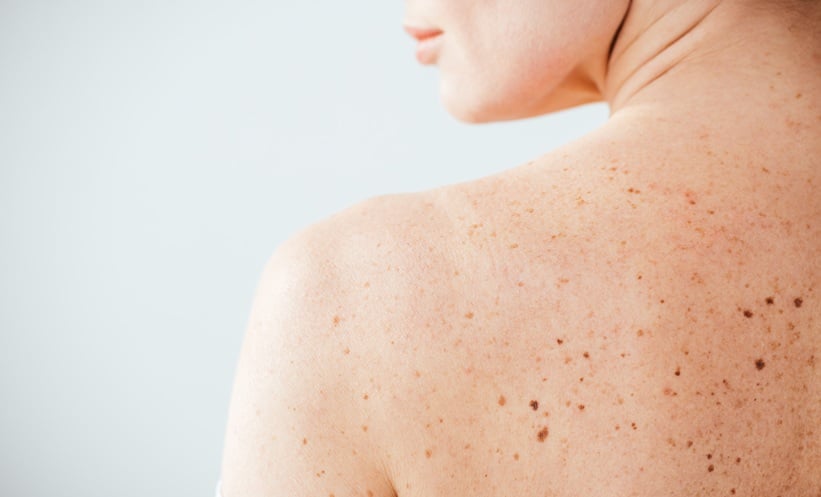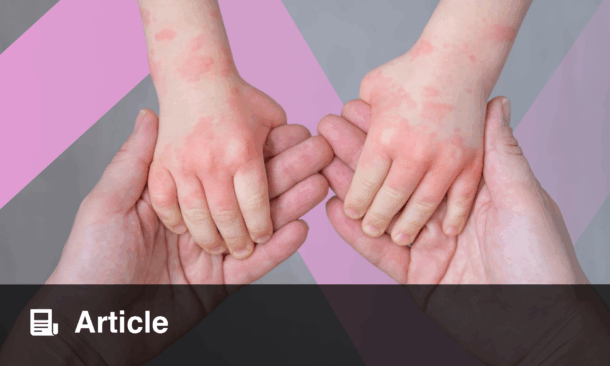ACNE VULGARIS is among the most common chronic skin conditions, ranking as the eighth most prevalent disease globally and affecting around 9.4% of the population. The condition, which primarily involves the face, chest, and back, can carry a substantial psychological burden. Its development is linked to increased sebum production, hyperkeratinisation, colonisation by Propionibacterium acnes and subsequent inflammation. The resulting immune responses, both innate and adaptive, lead to the release of pro-inflammatory cytokines and damage to follicular structures.
Oral isotretinoin remains the most effective therapy, although its precise mechanism is not fully understood. It is known to reduce sebum production, induce apoptosis in sebocytes and keratinocytes, and regulate androgen synthesis. Recent evidence also suggests that isotretinoin exerts long-term anti-inflammatory effects through modulation of Toll-like receptor pathways and cytokine expression.
The present study examined how serum cytokine levels, including IL-8, IL-36, TNF-α, TSLP and TWEAK, change in patients before and after isotretinoin treatment. Results showed that all five cytokines were significantly elevated in acne patients compared with healthy controls, confirming their role in sustaining inflammation. IL-8 and IL-36, key regulators of innate immune activity, were particularly raised and were reduced markedly following isotretinoin therapy, highlighting the drug’s capacity to downregulate neutrophil-driven inflammation.
TNF-α, TWEAK, and TSLP were also found at higher levels in patients, reflecting an imbalance in Th1/Th2 immune responses. Isotretinoin reduced their expression, although the effect was less pronounced in severe grade IV cases, suggesting longer treatment may be necessary to significantly alter these pathways. Notably, decreased TWEAK levels post-treatment may indicate isotretinoin’s potential to limit scarring by inhibiting tissue remodelling processes.
Interestingly, the study found no correlation between acne severity and cytokine serum concentrations, in contrast to some earlier reports. This discrepancy may be due to differences in patient selection and sample size.
Overall, the findings strengthen the view that isotretinoin acts not only by reducing sebum and comedones but also through targeted modulation of inflammatory cytokines, offering insight into both its anti-inflammatory and possible anti-scarring properties.
Reference
Qi W et al. Levels of several inflammatory cytokines in acne patients before and after isotretinoin therapy: a randomized, controlled clinical trial. J Dermatolog Treat. 2025;36(1):2540594.








